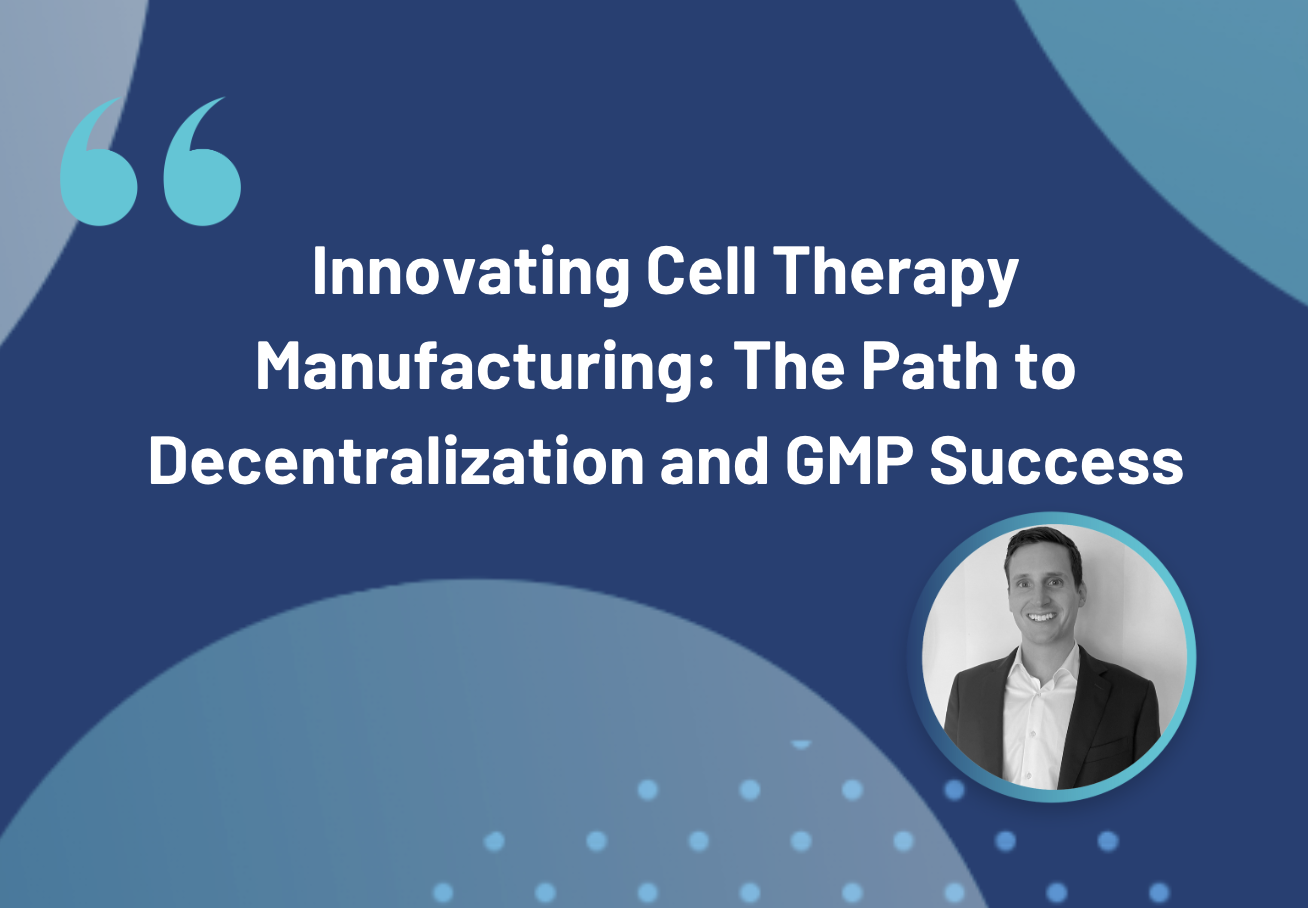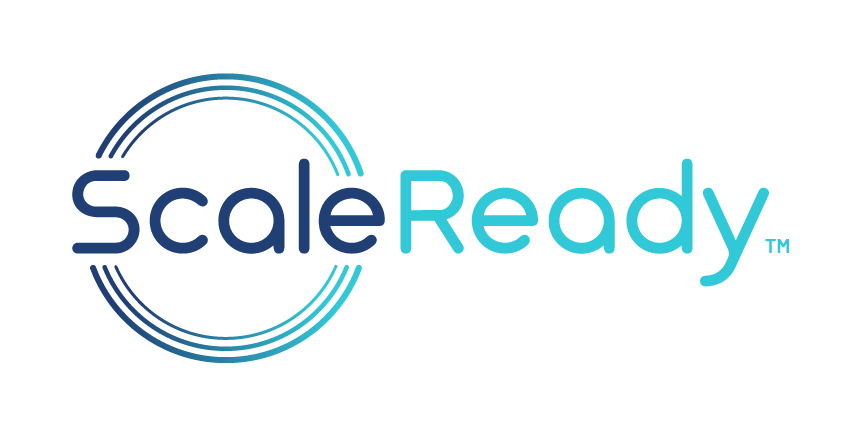Innovating Cell Therapy Manufacturing: The Path to Decentralization and GMP Success

The field of cell therapies is exploding with potential, offering groundbreaking new treatments for a wide range of diseases. However, a central challenge lies in bringing these incredibly complex living therapies out of the lab and into the real world. Decentralized manufacturing models, where therapies are produced closer to the patient, show promise. But the path from research to this decentralized model, while maintaining rigorous Good Manufacturing Practice (GMP) compliance, is anything but easy.
In a recent panel discussion, Josh Ludwig (Global Commercial Director, ScaleReady) and Stuart Curbishley (Chief Manufacturing & Development Officer, Adthera Bio) shed light on this complex transition. Let’s dive into their key insights:
Challenges and Considerations in Decentralized Cell Therapy Manufacturing
- Tool Selection: Finding the right equipment that’s both GMP-compliant and suitable for decentralized models is crucial. Tools need to be scalable, automated, and ideally closed systems to minimize contamination risks.
- Scalability: It’s not just about making cells, but enough of the right cells. Ensuring consistent high yields across different production sites is critical.
- Digital Solutions: Data integrity and process control are amplified in decentralized models. Digital solutions are essential for tracking, monitoring, and ensuring consistency.
- Supply Chain and Logistics: Managing complex supply chains for raw materials and other critical components becomes even more complex at multiple sites.
- Regulatory Compliance: Meeting GMP requirements is non-negotiable. Decentralized models require careful planning so that processes and standards are consistent across all production locations.
- Raw Materials: Securing consistent, high-quality materials is a constant challenge in cell therapy, and it’s multiplied in a multi-site production model.
- Equipment Standardization: When multiple facilities contribute to production, equipment needs to be as standardized as possible to ensure a seamless process and identical end products.
- Innovative Training Methods: Traditional training models become inefficient with decentralized manufacturing. New solutions like remote training, simulation tools, and clear procedures are needed.
The Importance of Early Planning and Validation
Both panelists stressed the significance of early validation and rigorous adherence to regulatory standards right from the development phase. Attempting to retrofit a process for GMP compliance later on is far more difficult and costly. Process optimization must be an ongoing endeavor, with an emphasis on building a quality-first mindset throughout the organization.
The Way Forward
Despite the challenges, the potential benefits of decentralized cell therapy manufacturing are immense. It brings hope for faster access to vital treatments and potentially creates a more adaptable, patient-centric approach. Success will rely on a collaborative industry effort, technological innovation, and a strong focus on quality control to maintain patient safety as these therapies move into broader use.

